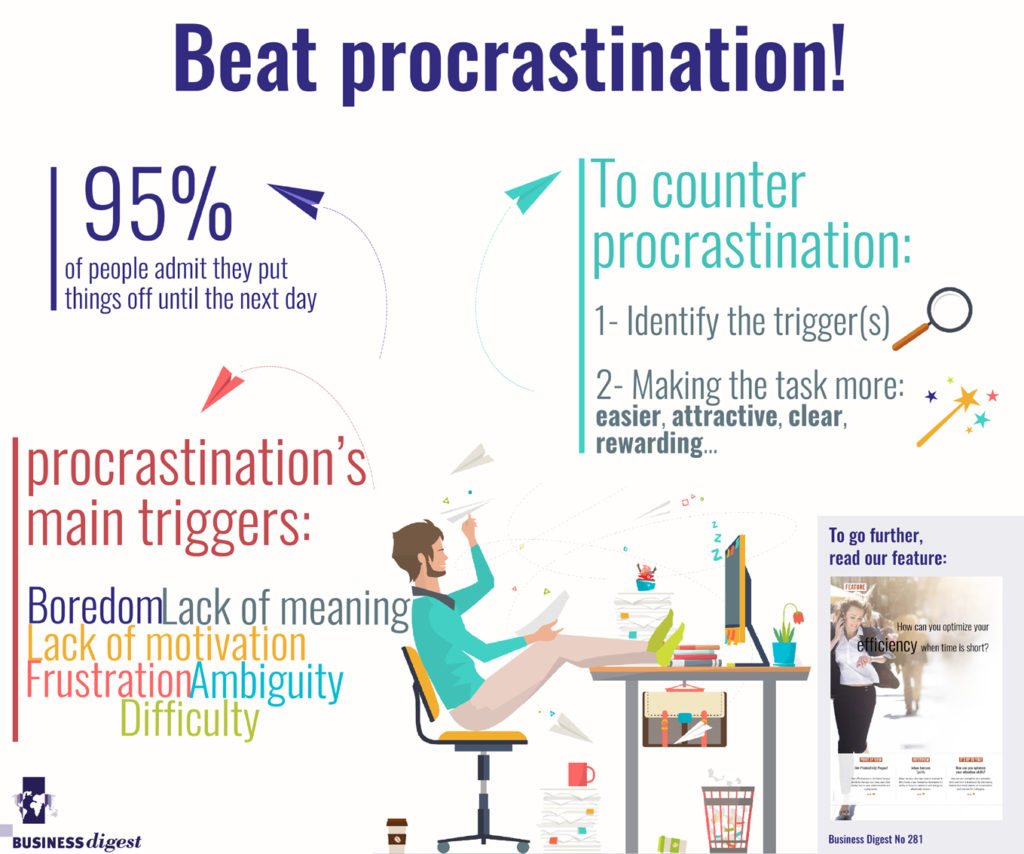Mastering Strategies to Overcome Procrastination, Emotional Dependency, and the Impostor Syndrome
Mastering Strategies to Overcome Procrastination, Emotional Dependency, and the Impostor Syndrome
Blog Article
In the modern age, people often face internal obstacles that affect their daily lives. Among these, procrastination, emotional dependency, and impostor syndrome are some of the most common challenges. But how can we overcome them?
In this guide, we will explore the root causes and strategies to address these three challenges. By understanding their impact and learning how to tackle them, you can build a healthier mindset and achieve your goals.
Understanding Procrastination and Its Impact
Procrastination is the act of delaying tasks even when you are aware of the consequences. This behavior is frequently linked to emotional or psychological factors, such as anxiety or self-doubt.

When procrastination takes over, can be far-reaching. Overcoming procrastination requires procrastinadora o que é developing better como se livrar de dependência emocional habits and creating actionable plans. Consider techniques like the Pomodoro Technique or focusing on time-bound goals to stay on track.
The Nature of Emotional Dependency
Emotional dependency is a state where a person depends excessively on external relationships to fulfill their emotional needs. Although relationships are fundamental, emotional dependency turns detrimental when self-esteem is tied solely to others’ approval.

Symptoms often include a fear of rejection, difficulty making decisions independently, and an overwhelming need for reassurance. Breaking free from this pattern, it’s crucial to build self-confidence and cultivate self-reliance. Engaging in personal development activities and professional guidance can provide significant support.
What is Impostor Syndrome?
Impostor syndrome is the persistent belief where someone feels like a fraud despite evident success. People with impostor syndrome tend to undermine their abilities rather than skill or effort.

This mindset can lead to anxiety, self-doubt, and a fear of being “exposed”. To overcome impostor syndrome involves challenging self-critical beliefs and acknowledging personal successes. Engaging in supportive discussions and setting realistic expectations can also help you build confidence.
Steps to Overcome Procrastination, Emotional Dependency, and Impostor Syndrome
Here are some practical steps:
- Create a routine to combat procrastination and set achievable goals.
- Recognize triggers that contribute to your emotional reliance and foster personal resilience.
- Acknowledge your strengths regularly and consider therapy or coaching.
Consistency is key, so keep practicing these methods to see positive changes.
Moving Forward from Mental Barriers
Procrastination, emotional dependency, and impostor syndrome can feel overwhelming, but they are manageable with the right strategies. By understanding their roots and applying effective techniques, you pave the way for a healthier, more fulfilling life.
Take the first step by recognizing these patterns in your life and implementing small but meaningful changes. Remember: progress is a journey, not a destination.
Report this page